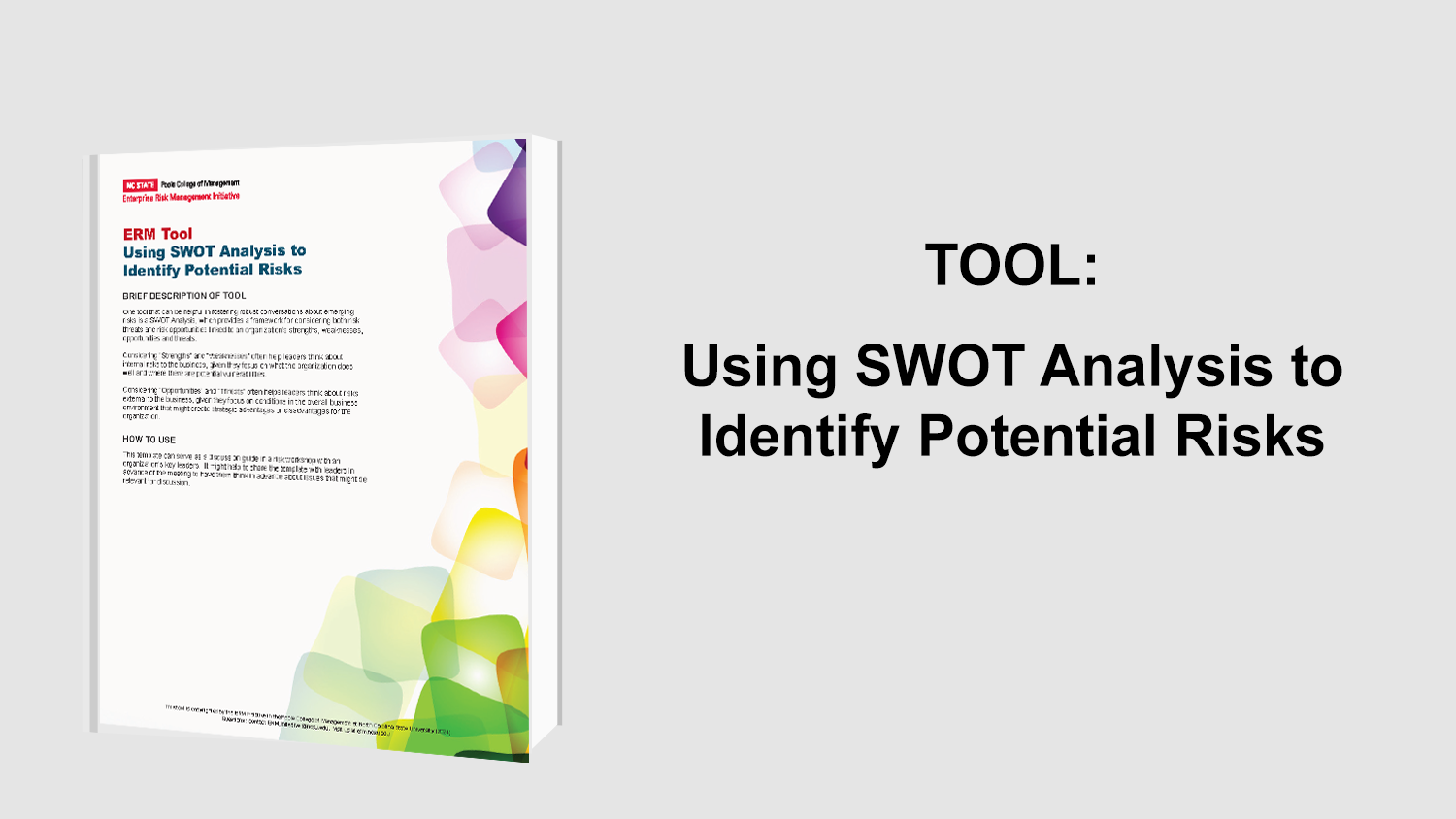How Managing Political Risk Improves Global Business Performance
Companies decide to initiate international operations for a myriad of reasons including lower costs, new opportunities, and access to resources. Unfortunately, they come at the cost of increased risk to the business. A study done by PricewaterhouseCoopers’ Advisory and Eurasia Group found that 83% of respondents monitored their political environment but 73% did not think they were adequately mitigating the political risks associated with international operations. The reasons for this situation included complex information, biased sources, and not enough funding within their organization for better risk management practices. As a result, management could be making decisions with inaccurate or incomplete information about political risks.
PwC’s Advisory and Eurasia Group believe that it is important for international companies to manage political risk because it enables them to protect their investments and operations as well as find and capitalize on emerging opportunities. According to PwC, this can be done through a systematic approach to political risk management. The political risk management policies should be integrated with the current risk management structure because political risk is often intertwined with other risks such as regulatory or social risks. The principles of this approach to managing political risk are:
1. Political risk management starts at the top – Top level management should understand that political risk affects every aspect of their organization. The responsibility for monitoring political risk should be assigned at both the board and management level. The company’s risk tolerance level should be communicated across the organization. The study found that although the board understood that political risk is important, there was no clear person or business unit who had the responsibility for managing it.
2. Managing political risk directly impacts performance – The study showed that 75% of respondents monitor political risk because of its potential financial impact on the organization. There are also many other ways that monitoring political risks can help the organization. For example, it can allow the company to anticipate leadership changes, influence policy, and participate in social change as well as monitor the impact of regulatory, social, and economic change. These risks are especially important for companies with a large capital asset base or those in heavily regulated industries. For other industry sectors the political risk could have a greater impact on their supply chain, reputation, and market.
3. Evaluating political risk optimizes decision making – Management should view political risks and the other risks that affect it in terms of a portfolio. This method of examining risk will allow management to see how the risks interact with each other and that political risk can be both internal and external to the organization. The portfolio view can also help companies view their political risks globally and determine if risks in different countries offset each other. This method of diversification can allow managers to see how political risks shift across the globe and allow them to take advantage of opportunities.
4. Assessing risks before taking action delivers value – International companies should use a systematic process for assessing political risks according to their risk exposure. The process should be overseen by a risk manager and should include all available information. In the study, 80% of respondents indicated that they used qualitative factors while 33% used quantitative factors. Neither method is superior, but identifying risks should be accompanied by mitigation factors.
5. Systematic political risk management protects investments – Many respondents in the study indicated that they evaluate political risk for new investments. This evaluation process should continue after the project is implemented because political risk can affect future operating and divestment decisions. Building a formal network for communication of risks is important so that information can be disseminated effectively through the organization for multiple purposes.
Companies can employ a four-step process to determine if their policies adhere to the principles mentioned: (1) map the politics, (2) evaluate the risks, (3) assess controls and plans, and (4) determine the acceptability of residual risk. This assessment will be a good starting point for a company to begin the discussion about political risk and creating a system to identify, assess, and mitigate it.
Click below for a link to the full report.
Original Source Article: “Integrating Political Risk Into Enterprise Risk Management,” PwC, March 2006
- Categories:
- Types:


